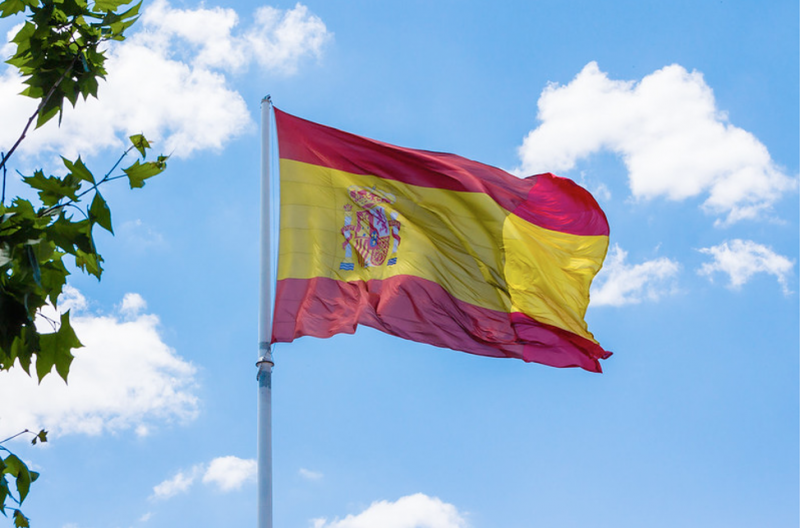
Spain’s Socialist Government recently approved a unilateral digital services tax (DST), drawing harsh criticism from the Trump administration. The proposed tax will impose a 3 percent levy on revenue generated by digital companies in Spain. Though approved, the tax will not go into effect until December 2020 because the Spanish government is waiting for the results of OECD negotiations. Waiting for December is like loading a barrel to fire on command.
Countries attempting to implement DSTs usually receive a harsh response from the United States. The Spanish case will be no different. To understand how the Spanish DST case will play out, look no further than the French case. France levied a 3 percent DST in June 2019. The Trump administration immediately responded by asking the United States Trade Representative (USTR) to conduct a 301 investigation into what actions the US should take. USTR recommend imposing a 100 percent tariffs on French imports such as wine and cheese, totaling more the $2.4 billion in value. During the tense time, President Trump met with French President Macron at Davos in January 2020, inspiring France to back down. On other fronts, the UK is implementing a 2 percent DST in April, and the Czech government was set to implement a staggering 7 percent DST in summer but is expected to delay and to lower the tax. We urgently need a strong response from the US to the Spanish DST.

